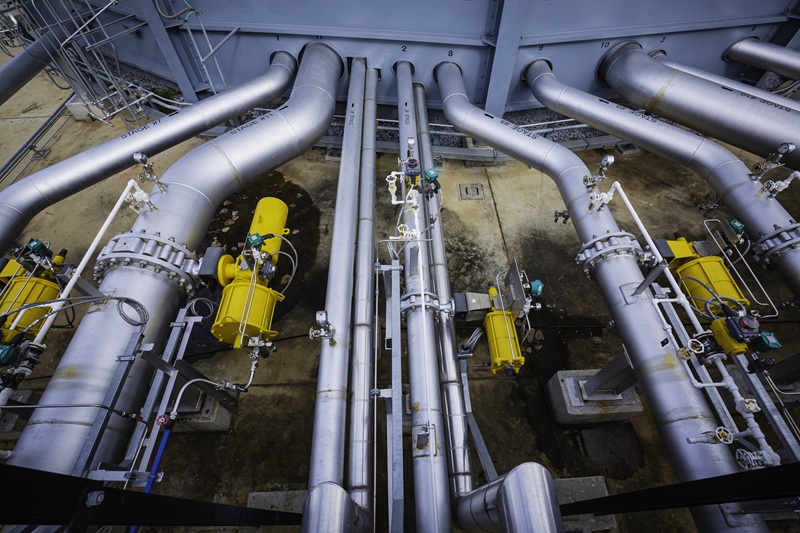What Business Owners Should Know Before Upgrading Their Gas Safety Systems

Gas safety systems help protect people and buildings from leaks, fires, or accidents. Upgrades are often needed when old systems do not meet current safety rules. Features like gas interlock system installation and live gas pipe tapping make upgrading safely and with less disruption easier. Before making changes, it helps to understand why these systems matter to your business.
Why Are Gas Safety Systems Important for Business Premises?
Gas safety systems can shut off the supply if there is a fault or poor airflow. They help lower the risk of accidents in kitchens, schools, and factories. A working system also helps your business meet legal safety standards. If your system doesn’t meet these standards, it may be time to check whether it needs an upgrade.
How Can You Tell If Your Current System Needs Upgrading?
Frequent repairs, rising gas bills, or slow response times can show your system no longer works well. Some older systems do not have automatic shut-offs or modern alarms. In some upgrades, live gas pipe tapping makes changes without cutting off the gas supply. In these cases, you should look at new features like interlock systems.
What Is a Gas Interlock System and Why Might Your Business Need One?
A gas interlock system links the gas supply to the ventilation system in your building. If the fans fail or stop working, the gas shuts off automatically. This helps prevent a gas build-up in enclosed spaces like kitchens or science labs. Installing one is a smart step before making any major pipework changes.
When Is Live Gas Pipe Tapping Useful in an Upgrade?
Live gas pipe tapping lets engineers connect new pipes while the system runs. This means your gas supply does not have to be turned off during the work. It can be useful in busy workplaces that need to stay open. Once you’ve planned the work, it’s also important to know what the law expects from your business.
What are the legal responsibilities of business owners?
Business owners must follow gas safety laws to protect staff and customers. This includes regular checks, proper records, and using approved equipment. Failing to meet these rules can lead to fines or shutdowns. That’s why choosing a qualified team for the upgrade is just as important.
Who Should Handle a Gas Safety System Upgrade?
Only trained and certified engineers should work on commercial gas systems. They know how to check risks, follow safety steps, and meet legal standards. Once the work is done, a qualified team will also test the system. With expert help, you can be confident that your upgrade is done right.
Don’t Wait for a Breakdown: Take Control of Your Gas Safety
If your gas system is outdated or often repaired, it may be time for an upgrade. New systems improve safety, meet legal standards, and reduce the risk of gas-related issues. The key is knowing your business needs and working with the right professionals. Doing so will make your workplace safer without slowing things down.







